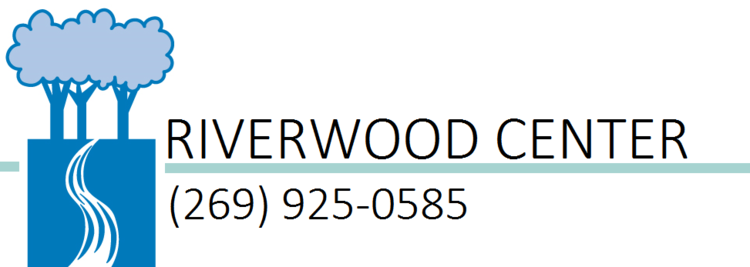Substance Use SUD Services
The Road to Recovery
Please note: The following services are provided only in part by Riverwood Center directly. Riverwood Center will make referrals to community providers to supply some of these services. All of the services listed on this page are not directly provided by our Riverwood Center, NorthStar, Scottdale, Niles or Courthouse locations.
A person’s physical, psychological, social and spiritual life can be affected by substance abuse.
Our goals are to help consumers:
Maintain abstinence
Learn healthy boundaries and improve interpersonal relationships
Establish a sober support system
Improve persons overall wellbeing
Learn new healthy coping skills and relapse prevention
Decrease the person’s negative involvement with the legal justice system
How to access services?
Access to services is through a walk in system, which Includes screening and assessment to identify the level of care. A referral to an inpatient program is given if a higher level of care is needed or Medication assisted treatment. On site services include outpatient programs such as individual therapy and or group therapy services.
Individual therapy sessions:
The therapist and the consumer meet regularly, based on the consumer’s needs. Individual sessions have a clear structure with defined goals. However, within the framework of that structure the content of counseling discussions is largely up to the consumer. The major focus is to address effectively the person’s individual needs while also recognize the commonality of many issues in addiction and recovery.
Motivational Enhancement Group:
Riverwood Center uses Motivational Enhancement Group to assess an individual’s readiness to change, by engaging them in a 5 session group. At the end of the 5 session group the consumer is placed in the appropriate level of care.
Early Intervention Group:
This group is designed for consumers who have never engaged in treatment. They are ambivalent regarding their use or they are required by their employer, legal system or their family to seek help. This group helps consumers better understand their relationship with substances as well as to understand the dynamics of addiction and recovery. The group meets once a week, for eight weeks and hopefully by the end of the group, consumers not only have a better understanding regarding their use, they are ready to make life changes.
Intensive Outpatient Group:
The Intensive Outpatient Program (IOP) is designed to help the participant focus his/her energy to sobriety and address early recovery issues. IOP meets three hours per day, three days a week. IOP is offered in the morning and in the evening. Participation in IOP group has many advantages:
Peer support and pressure to abstain from substances of abuse,
Group reduces the sense of isolation that most people who have substance abuse disorders experience,
Group enables people who abuse substances to witness the recovery of others,
Group helps members learn to cope with their substance abuse and other problems by allowing them to see how others deal with similar problems,
Group can provide useful information to clients who are new to recovery,
Group provides feedback concerning the values and abilities of other group members,
Group encourages, coach, support, and reinforce as members undertake difficult or anxiety‐provoking tasks,
After Care:
Relapse prevention/After Care, consists of weekly groups. This group works well for consumers who have achieved a minimum of 30 days sobriety. The program is based on the principle that there are predictable warning signs that precede relapse and secondly, that relapse can be prevented if you can learn how to recognize and manage the warning signs. The group helps the consumers to identify and overcome the stressors and triggers in their environment. During the group the consumers identify high risk situations, develop healthy coping skills, enhance their support network and find their personal strengths. Discharge from the group occurs when the consumers complete their individual goals of treatment.
If you receive Substance Use Disorder (SUD) services, you have rights protected by the Public Health Code. These rights will also be explained to you when you start services and then once again every year. If you have a SUD rights complaint, contact Sarah Ameter at (800) 890-3712 or sarah.ameter@swmbh.org.
